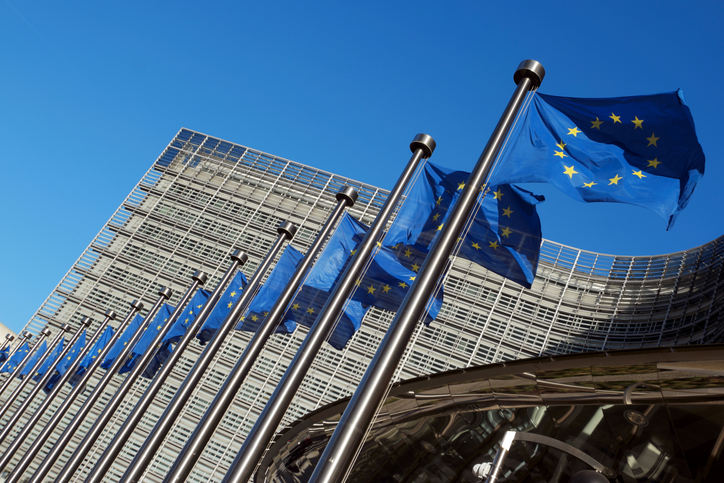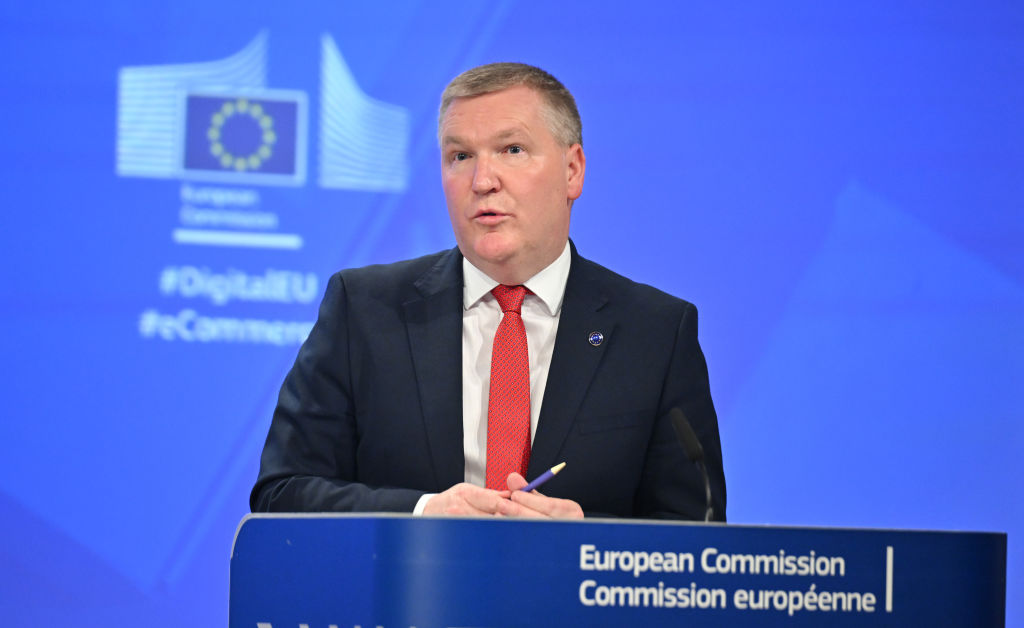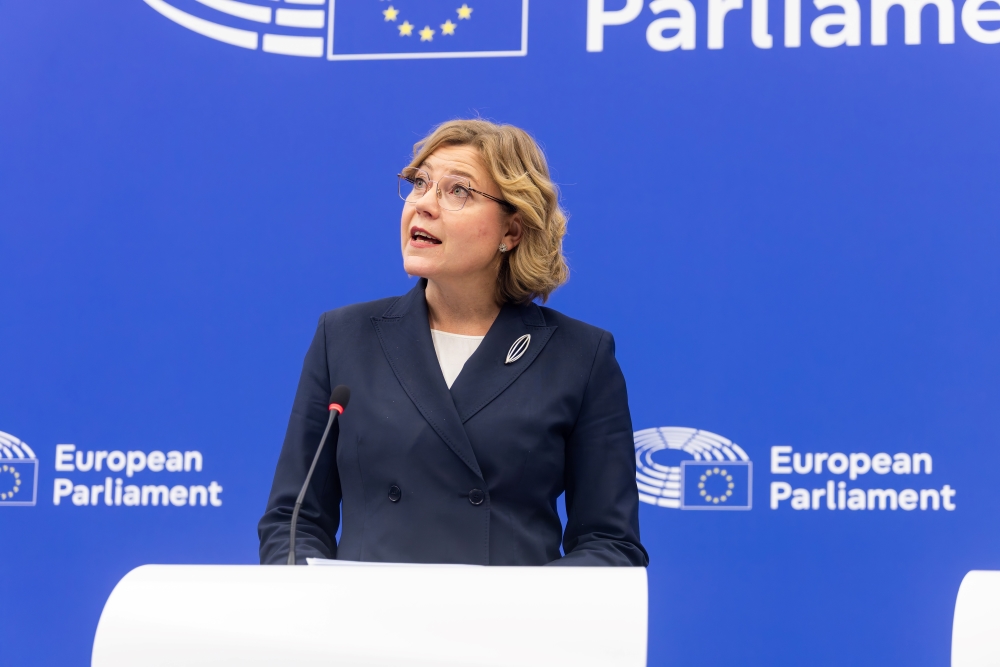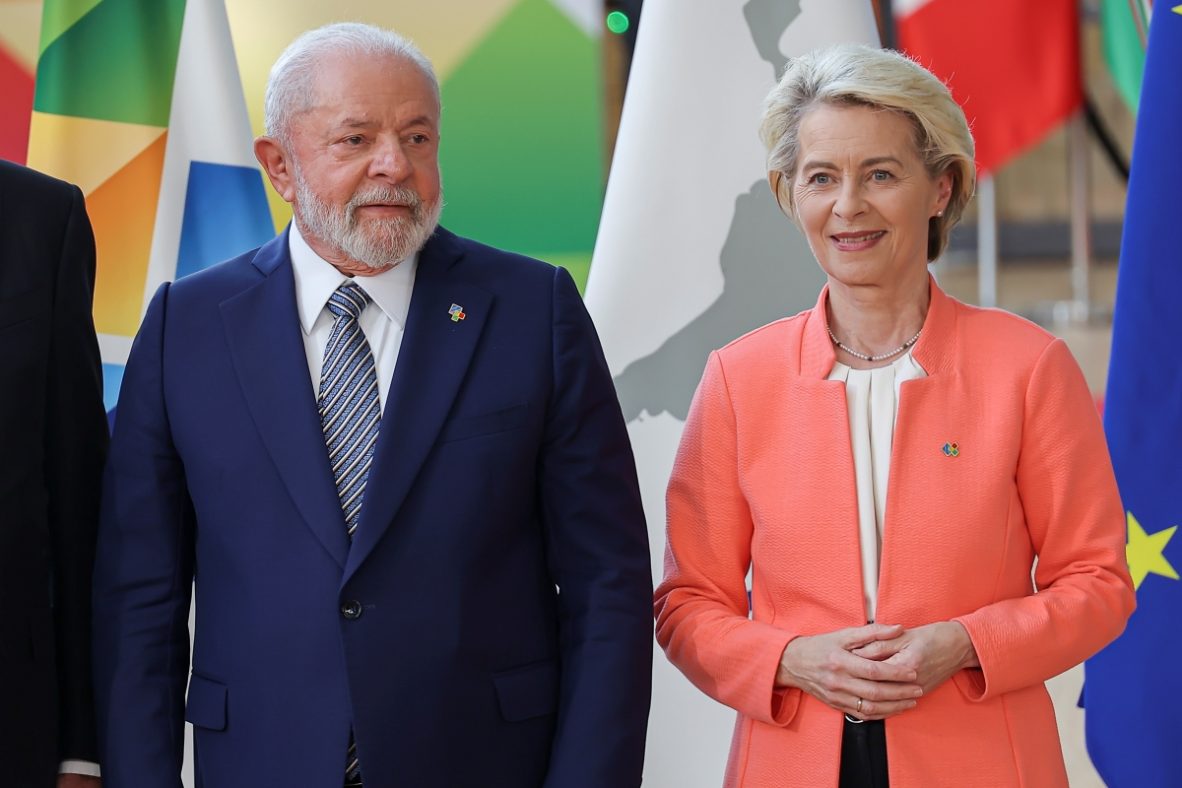MEPs attempt to stall the EU-Singapore digital trade agreement
The EU-Singapore digital trade agreement is not in compliant with EU rules and fundamental rights and should be assessed by the EU Court of Justice, left-wing MEPs argue

Left-leaning MEPs will take the first step towards challenging the EU–Singapore Digital Trade Agreement (DTA) at the EU Court of Justice by tabling a resolution on the same day that MEPs are expected to vote in favour of the deal.
The motion for a resolution – tabled by The Left group and seen by Euractiv – has received the support of more than 72 MEPs, meaning it will be put to a vote during the Parliament’s plenary session on 13 November.
The resolution calls for the Court of Justice to assess whether the trade agreement complies with EU law, particularly in relation to data protection and fundamental rights.
Left MEP Martin Schirdewan, who tabled the resolution, told Euractiv that “an opinion from the European Court of Justice can ensure from the outset that the digital trade agreement with Singapore complies with the European Treaties, fundamental rights, and current legislation.”
He added that “the speed desired by the Commission must not take precedence over substance — especially in the case of the first standalone digital trade agreement.”
The Commission signed the standalone digital trade agreement with Singapore in May, which still requires European Parliament approval before it can be ratified.
However, the resolution argues that the agreement fails to “ensure protection for both privacy and data protection” due to the absence of a data adequacy agreement between the EU and Singapore.
Without such a decision, personal data transfers between the EU and Singapore cannot be guaranteed to comply with the EU General Data Protection Regulation (GDPR), the text warns.
The resolution also highlights a lack of safeguards on access to source code and warns that the deal could constrain the EU’s ability to enforce its digital rules, such as the Digital Services Act (DSA) and the Digital Markets Act (DMA).
By contrast, the Parliament’s draft consent text to approve the deal, argues that, despite concerns over EU fundamental rights relating to cross-border data flows, the Commission has ensured that the agreement would not put the enforcement of EU rules “in jeopardy”, citing similar agreements struck with the UK, Chile, and New Zealand.
It remains unclear whether the motion to delay or challenge the agreement will win majority support in plenary.
(aw)









